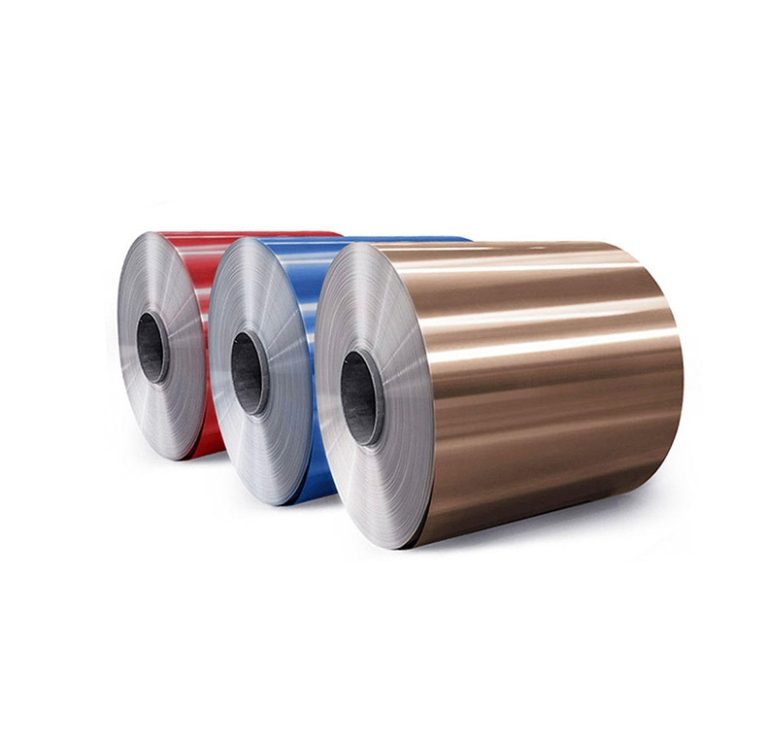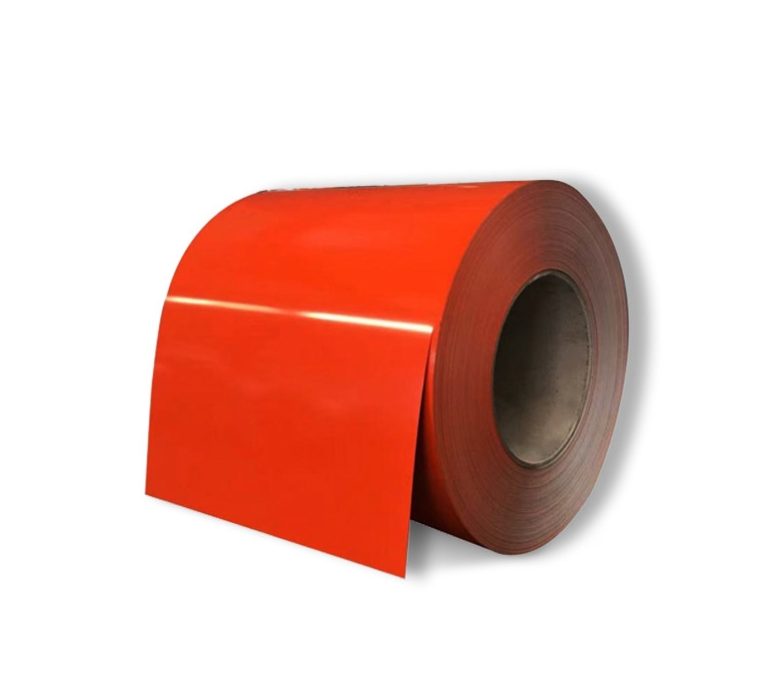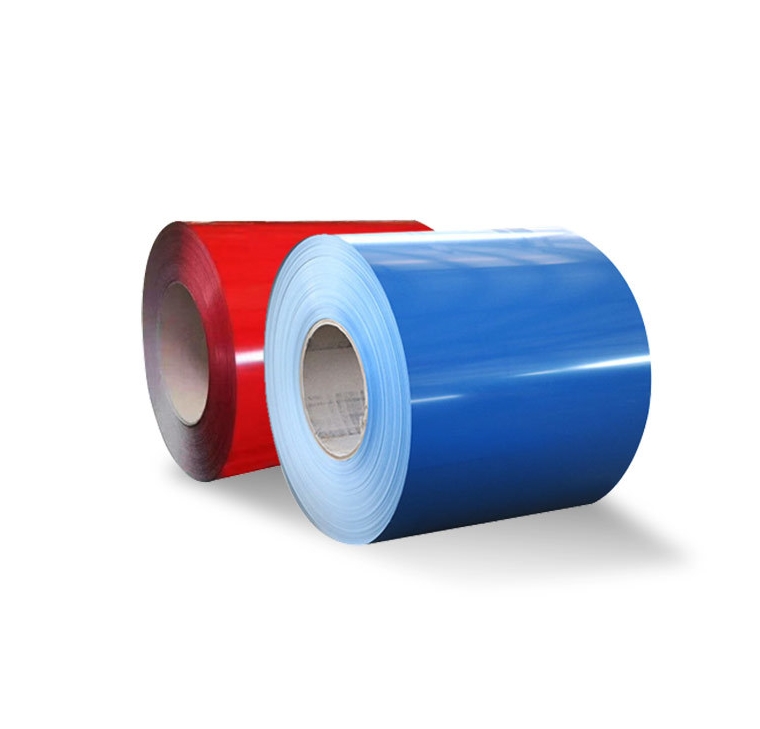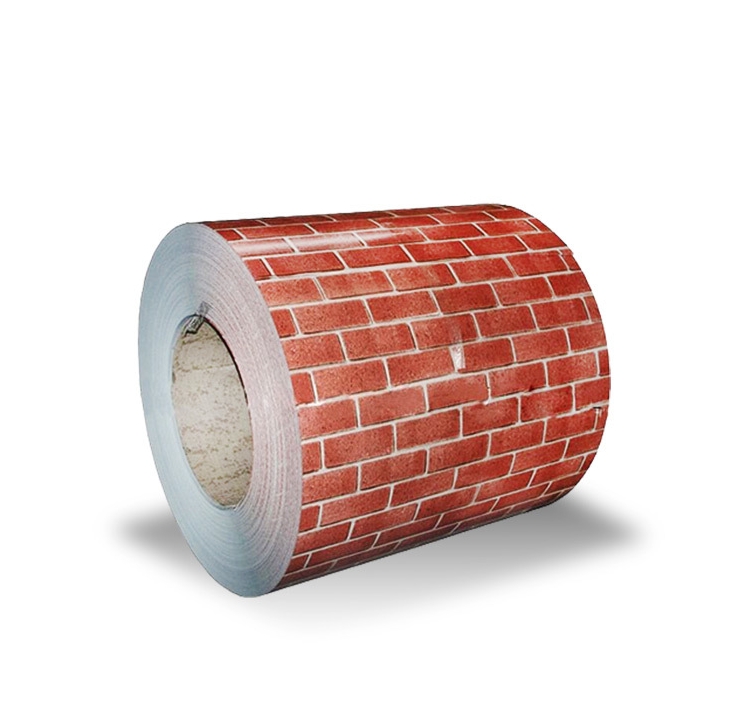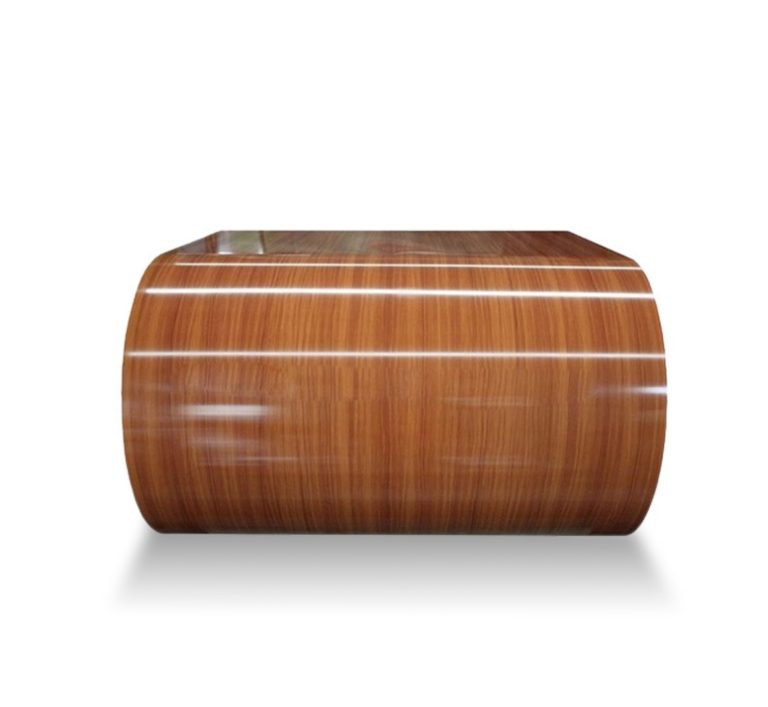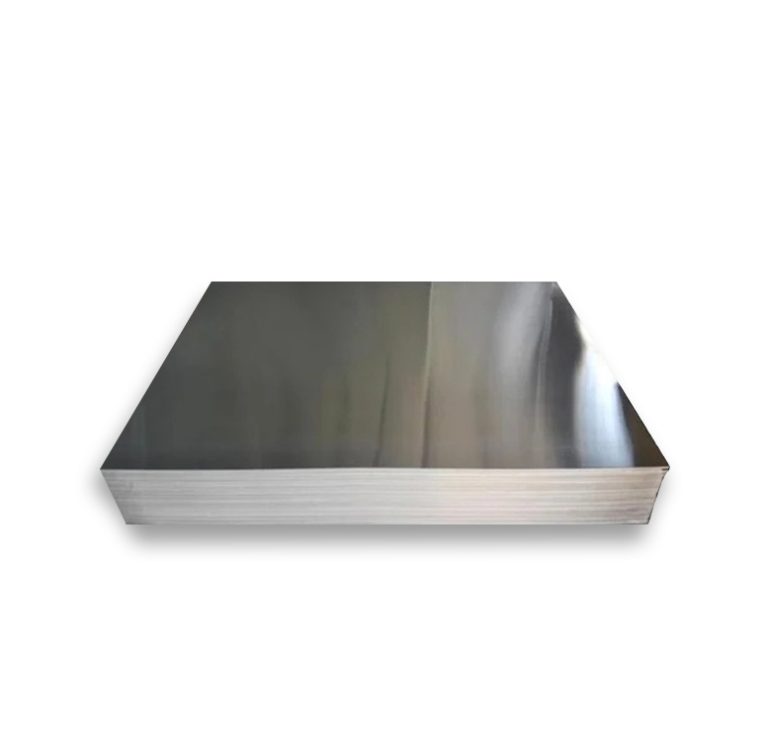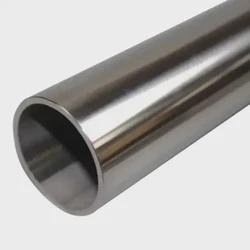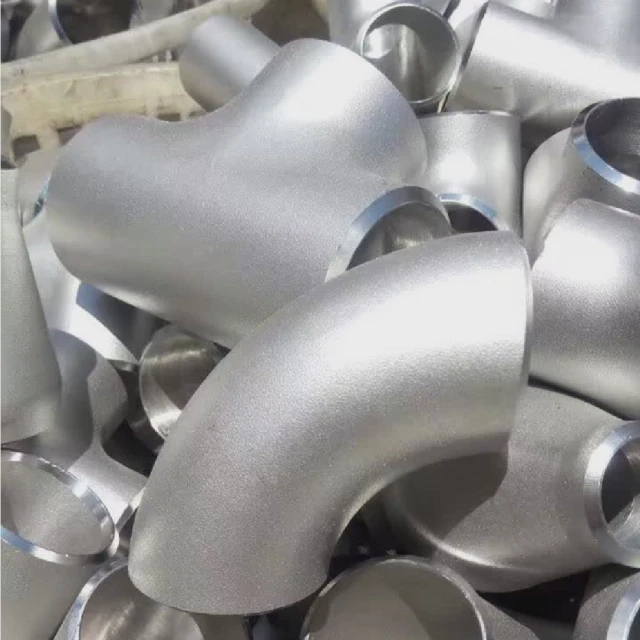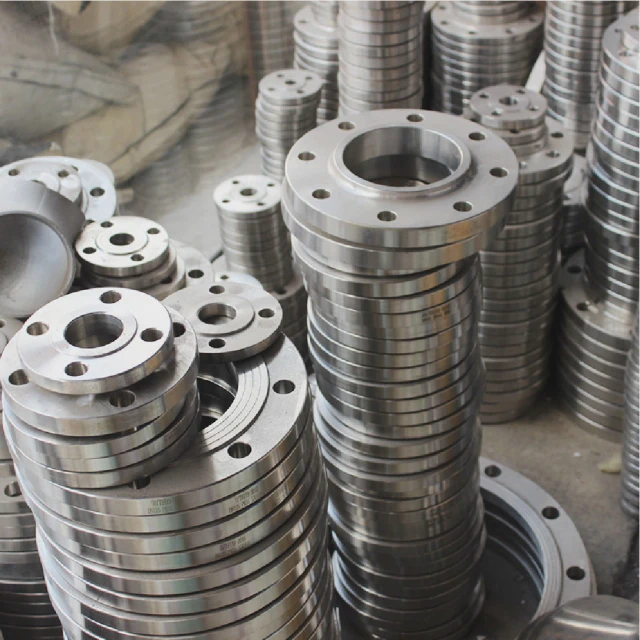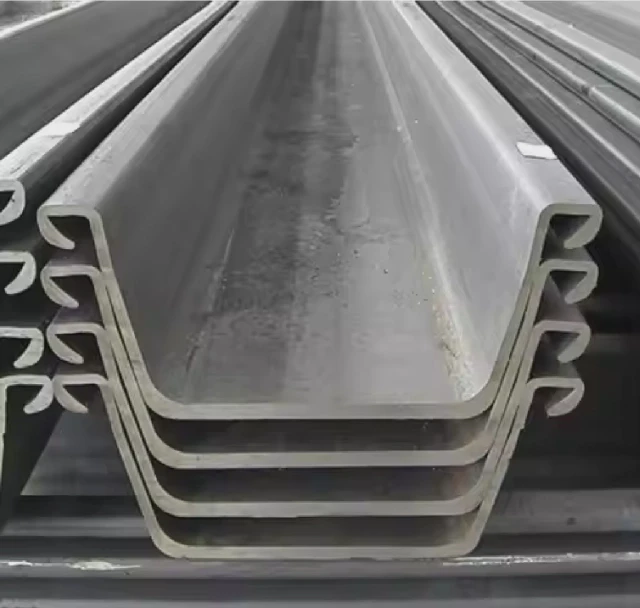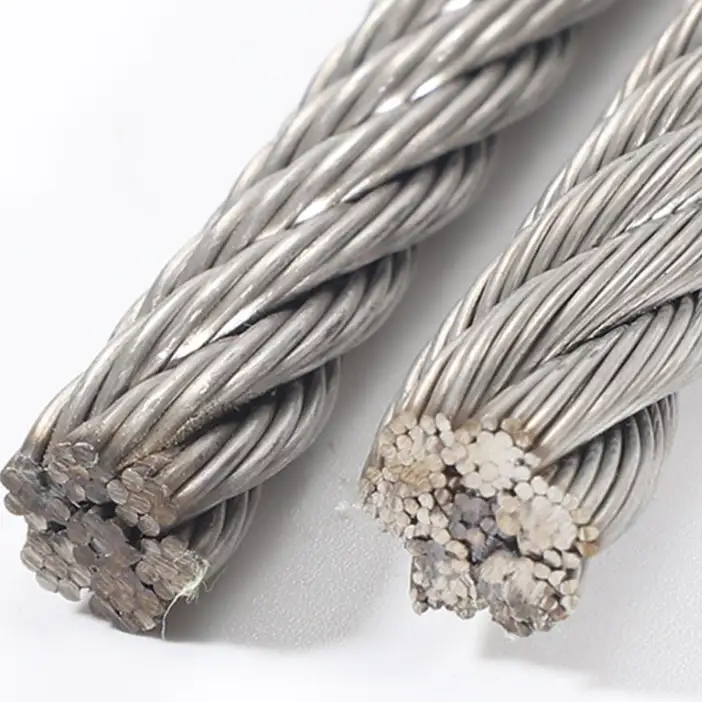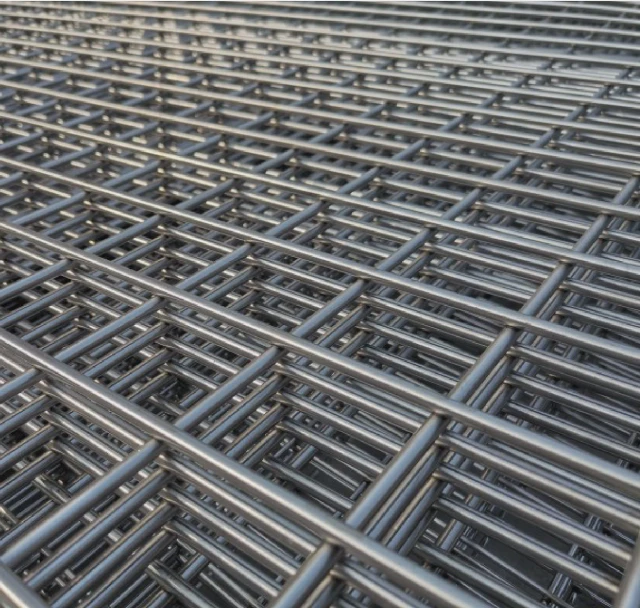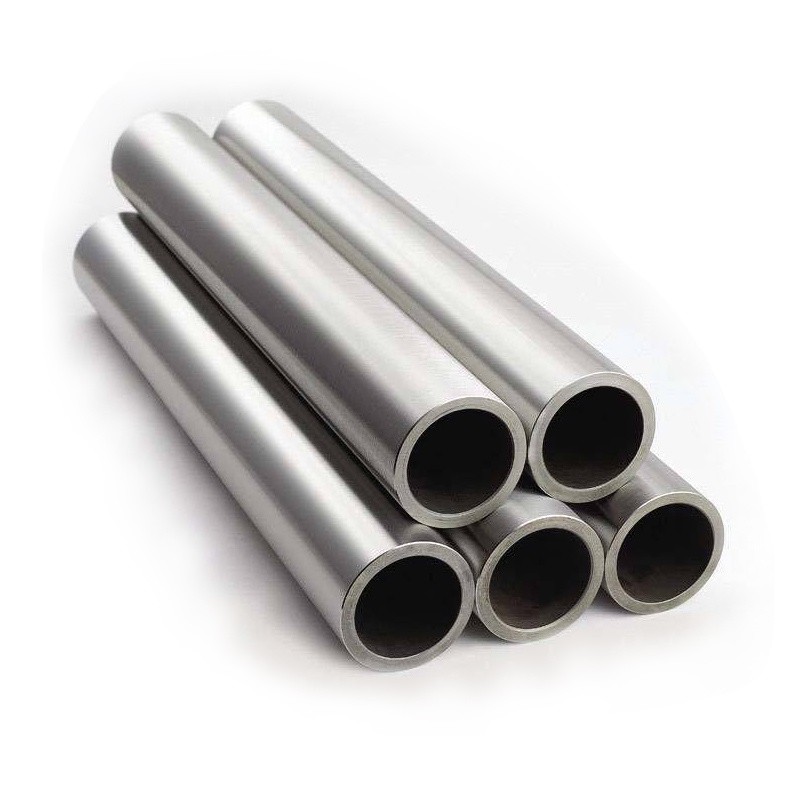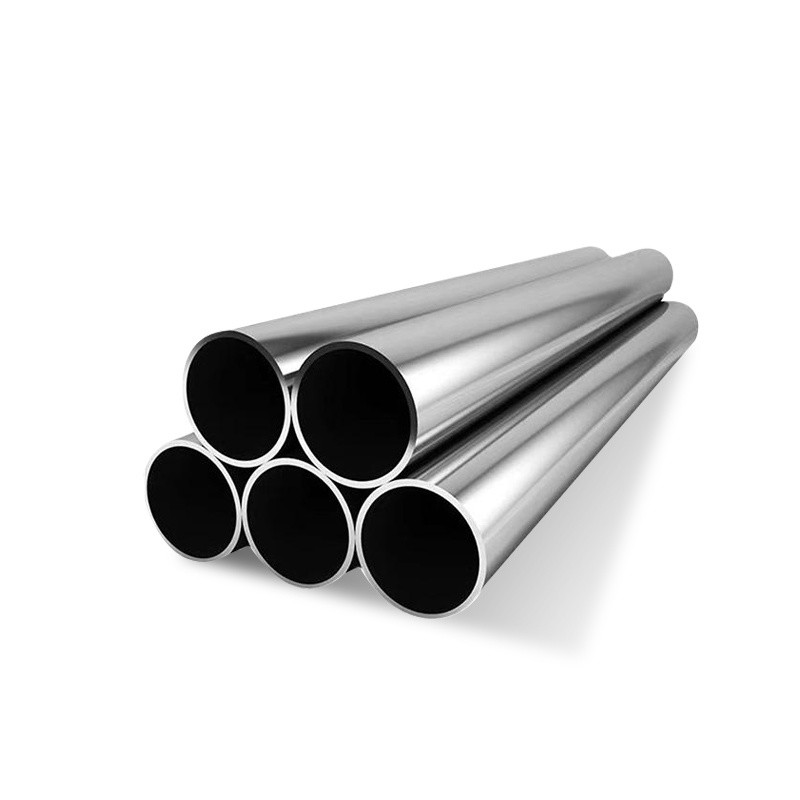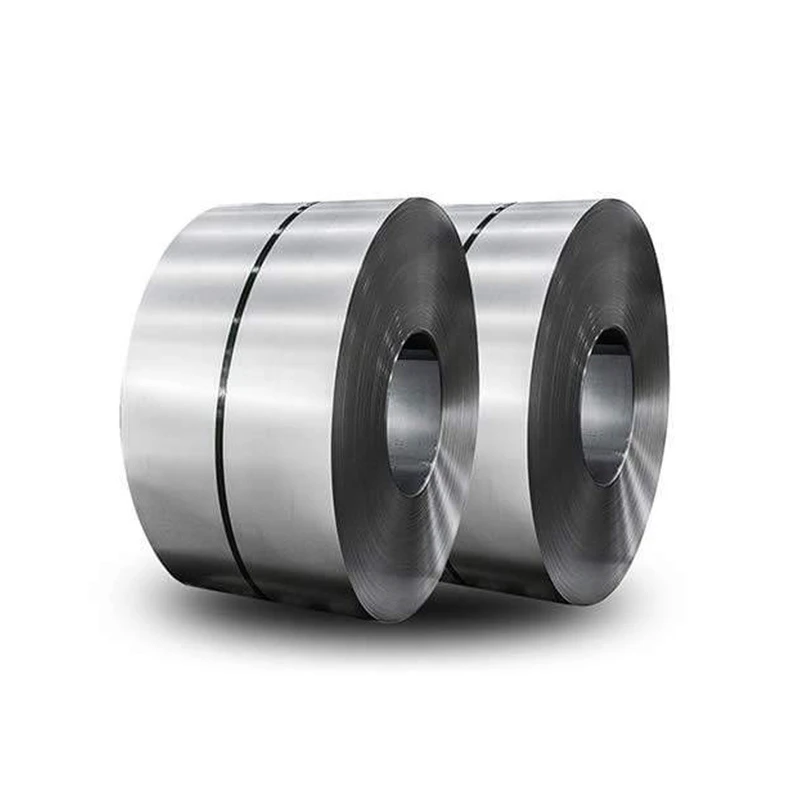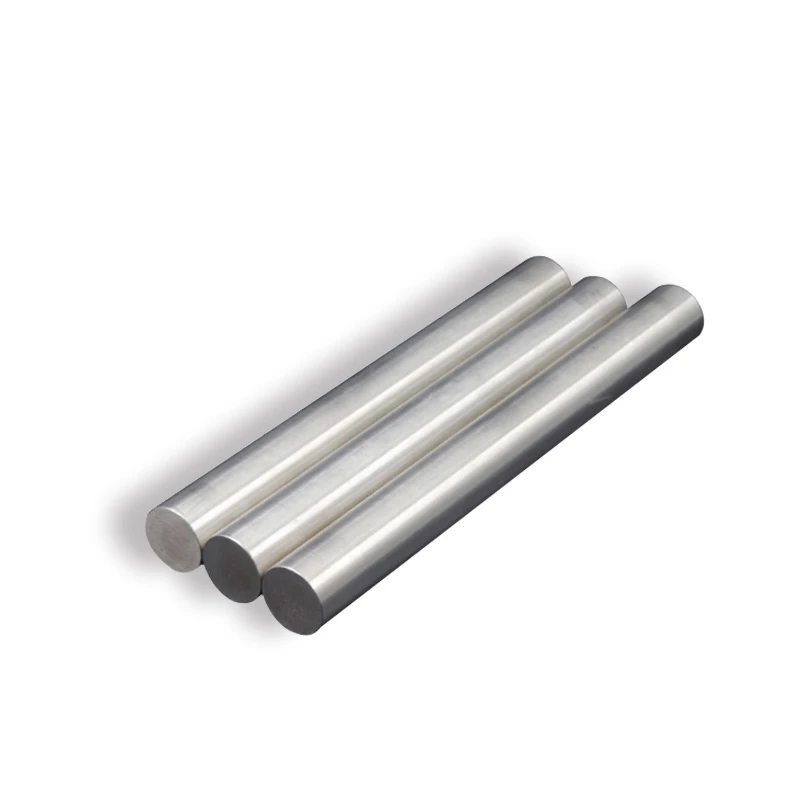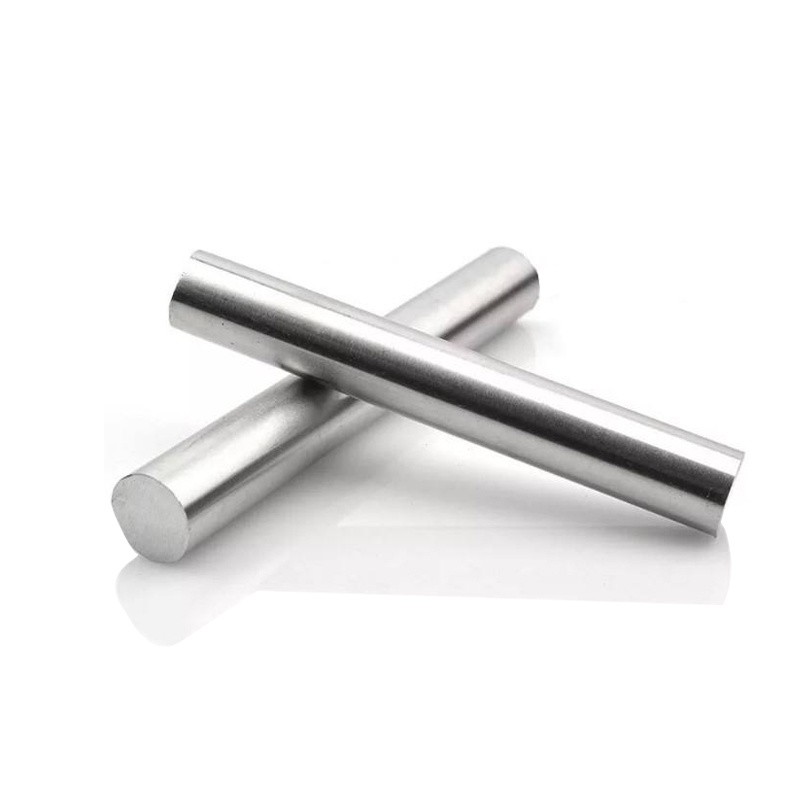
CATEGORIES
FEATURED PRODUCTS
ASTM A269 Stainless Steel Pipe
We offer this product and related grades with 100% factory direct pricing and free quotes available within 24 hours.
APPLICATION SCENARIOS

OUR ADVANTAGE

Certificate of Honor

PARTNER

Our Factory
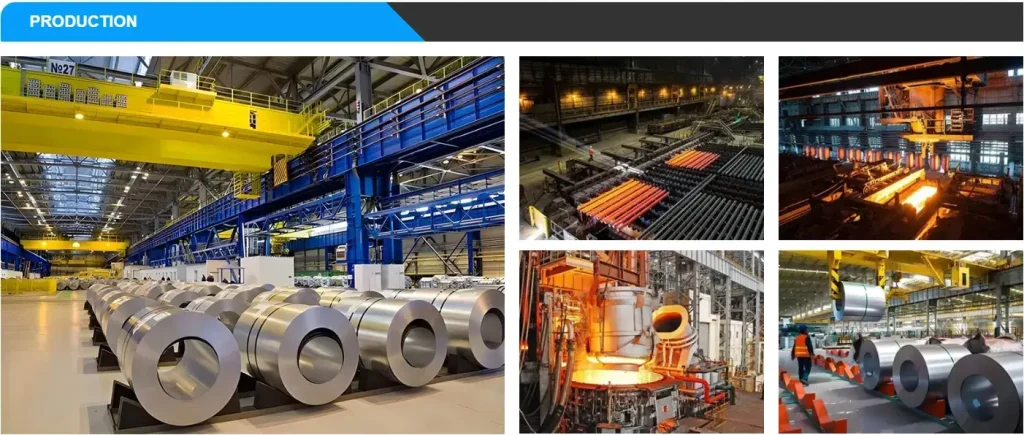
ASTM A269 is a widely recognized specification that defines the requirements for seamless and welded austenitic stainless steel pipes primarily intended for general corrosion-resistant applications. These pipes are used in various industries, including food processing, pharmaceuticals, chemical engineering, and more. The specification provides guidelines for material properties, dimensions, mechanical strength, and performance, ensuring that the pipes meet strict quality standards for various applications.
1. Introduction to ASTM A269 Stainless Steel Pipe
ASTM A269 is the standard specification for seamless and welded austenitic stainless steel pipes intended for general corrosion-resistant applications. These pipes are primarily used in environments that require resistance to corrosion and oxidation, making them suitable for industries that process food, chemicals, or pharmaceuticals.
ASTM A269 pipes are manufactured in several grades of stainless steel, including 304, 316, and other similar alloys, offering a combination of mechanical strength, excellent corrosion resistance, and ease of cleaning. They are also widely used in heat exchangers, condensers, and fluid transport systems, where their ability to withstand harsh conditions is essential.
2. Grades and Specifications under ASTM A269
The standard ASTM A269 covers pipes made from several grades of stainless steel, with the most commonly used being 304, 304L, and 316. Each of these grades has unique properties, making them suitable for different applications:
-
Grade 304: The most commonly used stainless steel, known for its general corrosion resistance, high strength, and excellent formability. It is often used in food and beverage processing industries, as well as for pharmaceutical equipment.
-
Grade 304L: A low-carbon version of Grade 304, it offers improved weldability and resistance to carbide precipitation. It is often used in welded applications where corrosion resistance is crucial.
-
Grade 316: Contains molybdenum, which improves its resistance to chloride and sulfuric acid corrosion. Ideal for marine environments and other aggressive environments.
Table: Comparison of ASTM A269 Stainless Steel Pipe Grades
| Property | 304 Stainless Steel | 304L Stainless Steel | 316 Stainless Steel |
|---|---|---|---|
| Chromium (Cr) | 18.0–20.0% | 18.0–20.0% | 16.0–18.0% |
| Nickel (Ni) | 8.0–10.5% | 8.0–10.5% | 10.0–14.0% |
| Molybdenum (Mo) | None | None | 2.0–3.0% |
| Carbon (C) | 0.08% max | 0.03% max | 0.08% max |
| Manganese (Mn) | 2.0% max | 2.0% max | 2.0% max |
| Corrosion Resistance | Good | Good | Excellent |
| Typical Applications | General use, food | Welding, general use | Marine, chemical |
3. Chemical Composition of ASTM A269 Stainless Steel Pipe
The chemical composition of ASTM A269 stainless steel pipes defines their performance, corrosion resistance, and mechanical properties. The primary elements in these pipes are:
-
Chromium (Cr): The major element responsible for corrosion resistance and oxidation protection.
-
Nickel (Ni): Enhances toughness, resistance to corrosion, and formability, particularly in chloride environments.
-
Molybdenum (Mo): Found in Grade 316, molybdenum improves corrosion resistance, particularly in marine and acidic environments.
-
Carbon (C): While carbon enhances strength, it can negatively impact corrosion resistance, especially in welded applications.
-
Manganese (Mn): Improves the alloy's strength and hardness, contributing to the overall mechanical properties.
These elements combine to ensure that ASTM A269 pipes can withstand aggressive conditions, such as high humidity, saltwater, or industrial chemicals.
Table: Chemical Composition of ASTM A269 Stainless Steel Pipe (Grade 304)
| Element | Content (%) |
|---|---|
| Chromium (Cr) | 18.0–20.0 |
| Nickel (Ni) | 8.0–10.5 |
| Manganese (Mn) | 2.0 max |
| Carbon (C) | 0.08 max |
| Silicon (Si) | 1.0 max |
| Phosphorus (P) | 0.045 max |
| Sulfur (S) | 0.03 max |
4. Mechanical Properties of ASTM A269 Stainless Steel Pipe
The mechanical properties of ASTM A269 pipes ensure their strength and durability in a variety of demanding applications. The key properties include:
-
Tensile Strength: The tensile strength for ASTM A269 pipes typically ranges between 70,000 psi (485 MPa) for Grade 304 stainless steel, providing resistance to deformation under stress.
-
Yield Strength: ASTM A269 pipes generally exhibit yield strengths around 30,000 psi (205 MPa), ensuring that they can maintain their shape under normal working conditions.
-
Elongation: The elongation of ASTM A269 pipes is around 40%, ensuring good formability during manufacturing and installation.
-
Hardness: The hardness of ASTM A269 pipes is generally around 95 HB (Brinell Hardness), indicating a balance between strength and resistance to deformation.
Table: Mechanical Properties of ASTM A269 Stainless Steel Pipes (Grade 304)
| Property | Value |
|---|---|
| Tensile Strength | 70,000 psi (485 MPa) |
| Yield Strength | 30,000 psi (205 MPa) |
| Elongation (%) | 40% (in 8 inches or 200 mm) |
| Hardness (Brinell) | 95 HB |
5. Applications of ASTM A269 Stainless Steel Pipe
ASTM A269 stainless steel pipes are commonly used in a variety of industries where corrosion resistance, hygiene, and mechanical strength are essential. Some key applications include:
-
Food and Beverage Industry: For conveying food and beverage products without contamination, ensuring hygiene and compliance with food safety standards.
-
Pharmaceutical Industry: Used in the production of pharmaceutical products, where sanitary conditions are essential, and the pipe must be resistant to aggressive cleaning chemicals.
-
Chemical Processing: For conveying chemicals in refineries, chemical plants, and industrial facilities where resistance to corrosion and pressure is crucial.
-
Oil and Gas Industry: Used for pipelines that need to withstand harsh environmental conditions such as corrosion and high pressure.
-
Water Treatment: For handling potable water and wastewater, where corrosion resistance and durability are vital.
Table: Key Applications of ASTM A269 Stainless Steel Pipe
| Industry | Application |
|---|---|
| Food & Beverage | Fluid and gas transport |
| Pharmaceutical | Active ingredient transport |
| Chemical Processing | Chemical transfer pipelines |
| Oil & Gas | Pipeline systems |
| Water Treatment | Potable and wastewater systems |
6. Global Standards and Certifications
ASTM A269 is an internationally recognized standard, but it is one of several standards used to specify stainless steel pipes. Other similar standards include:
-
EN 10216 (European Standard) – Focuses on seamless stainless steel pipes used for high-temperature applications.
-
ISO 1127 (International Standard) – Covers stainless steel tubes used in various industries, with a focus on dimensions and tolerances.
-
JIS G3448 (Japanese Standard) – Used in Japan for stainless steel pipes in sanitary and pressure applications.
While ASTM A269 primarily focuses on corrosion-resistant pipes for general use, these international standards may be more focused on specific applications, such as high-pressure systems or pipes used in extreme conditions.
Table: ASTM A269 vs Other International Standards
| Standard | Scope | Key Differences |
|---|---|---|
| ASTM A269 | Corrosion-resistant pipes | Focus on general applications |
| EN 10216 | Seamless stainless steel pipes | Focus on high-temperature applications |
| ISO 1127 | General stainless steel tubes | Focus on dimensions and tolerances |
| JIS G3448 | Stainless steel pipes | Emphasis on pressure and sanitary applications |
7. Procurement Considerations for ASTM A269 Stainless Steel Pipes
When procuring ASTM A269 stainless steel pipes, it is crucial to consider several factors to ensure that the product meets the desired quality standards and application requirements:
-
Grade Selection: Choose the correct grade (304, 304L, or 316) based on the application’s corrosion resistance, strength, and cost requirements.
-
Quality Control: Ensure the supplier follows ASTM A269 guidelines and provides necessary certifications, including mill test reports, to confirm the material’s compliance.
-
Supplier Reputation: Work with reputable suppliers like Luokaiwei that offer reliable, high-quality products and excellent customer service.
-
Customization: Some applications may require custom pipe dimensions, surface finishes, or coating. Ensure the supplier can meet these specifications.
-
Cost Considerations: Compare prices between suppliers, but ensure the quality and specifications align with your needs. The cheapest option may not always provide the best long-term value.
8. Case Study: Use of ASTM A269 Pipes in a Food Processing Facility
A food processing facility that needed to upgrade its pipe system chose ASTM A269 pipes made from Grade 304 stainless steel due to their resistance to corrosion and ease of cleaning. The installation of these pipes improved the sanitation process, reducing the risk of contamination during food production. After six months, the facility reported a 10% reduction in downtime due to maintenance, as the pipes proved durable and resistant to scaling and corrosion from the harsh cleaning chemicals used in the facility.
9. Frequently Asked Questions (FAQ)
-
What is ASTM A269 used for?
ASTM A269 is used for manufacturing seamless and welded stainless steel pipes for general corrosion-resistant applications, including food processing, pharmaceuticals, and chemical industries. -
Can ASTM A269 pipes be welded?
Yes, ASTM A269 pipes are available in both welded and seamless forms, with both types offering excellent corrosion resistance and mechanical properties. -
What is the difference between 304 and 316 stainless steel in ASTM A269 pipes?
Grade 304 offers good general corrosion resistance, while Grade 316 has enhanced resistance to chloride corrosion, making it suitable for marine and chemical environments. -
Are ASTM A269 pipes resistant to corrosion?
Yes, ASTM A269 pipes are designed to offer excellent resistance to corrosion, which makes them ideal for sanitary and corrosive environments. -
Why should I choose Luokaiwei for ASTM A269 pipes?
Luokaiwei offers high-quality stainless steel pipes that meet ASTM A269 standards, ensuring durability, reliability, and compliance with industry regulations.

